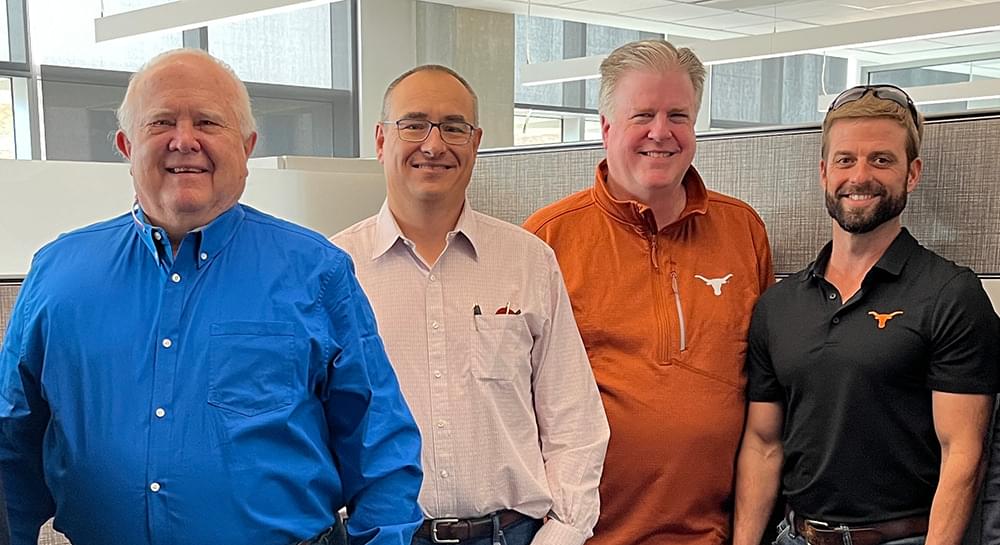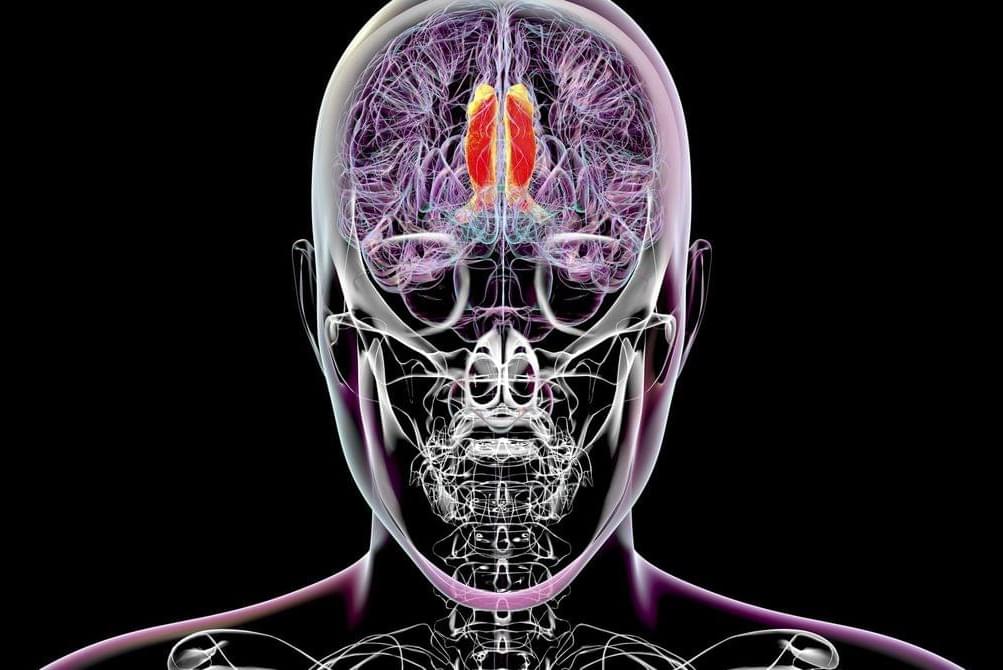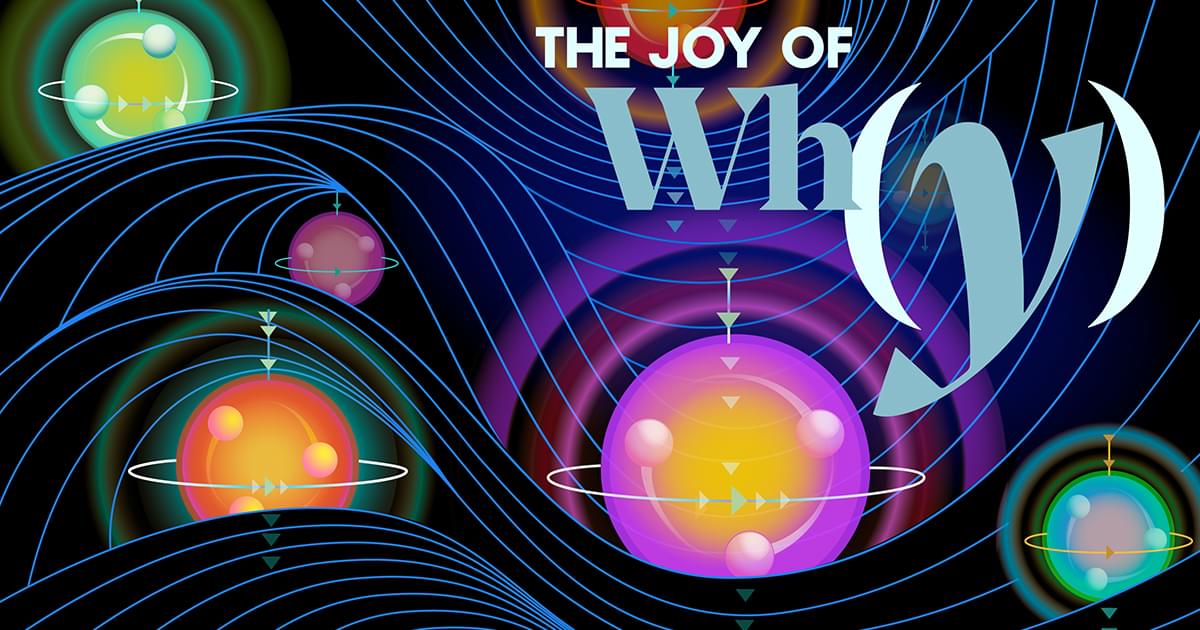🚀 Q: What are the key features of SpaceX’s new flame trench at Pad B? A: The 80% complete flame trench features 5 diverter supports, 2 flame buckets, and water pipes for cooling and exhaust management, enabling rapid Starship launch turnarounds by up to 70% compared to pads without a trench.
🔥 Q: How does the flame trench manage Superheavy booster exhaust? A: It channels 3,000°C exhaust from 33 Raptor engines using a 10-20m deep, 10-20m wide, refractory-lined concrete channel with a steel deflector to reduce recoil damage by 60%.
💧 Q: What role does water play in the flame trench system? A: The trench uses 1M L water per launch to cool the trench, absorb 10–20 MJ/m² heat flux, and reduce 30–50% acoustic energy, preventing structural cracks or instability of the rocket.






